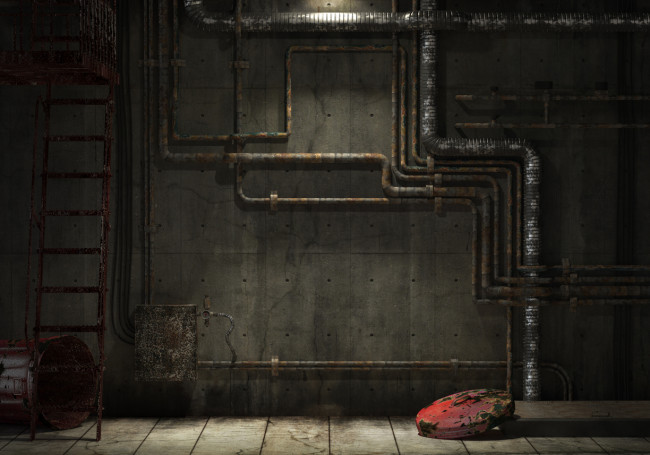I'm not getting cold water from the faucets in my co-op. What should I do?

The problem may a result of your hot and cold water pipes running too close to each other.
It takes five to 10 minutes for the water in my co-op's kitchen and bathroom to get cold. The water in my kitchen can start out as high as 80 degrees when I first turn it on. The board has been no help so far. Is there a legal temperature for cold water in NYC? What can I do?
In New York City, there are legal limits for the availability of hot water, but not for cold. That said, you could hire a plumber to investigate this issue and try to push your co-op board to do something about it, our experts say.
"Hot water is required to be provided at a temperature of at least 120 degrees," says Michael Wolfe, president of Midboro Management, a residential building management company. "If the water is warm or hot out of the tap for five to 10 minutes, there is probably a bypass in the line that is allowing the hot and cold water to mix, or the pipes in the wall are not insulated, too close together, and the hot pipe is heating up the cold."
The latter possibility is not unusual in NYC apartment buildings, where restrictions on space can impose limits on the placement of water pipes in the walls. Cold and hot water pipes may be resting against each other, with the hot water pipe heating up cold. When this happens, the water that comes out of your faucet will run hot for awhile, until it has time to cool off.
"The problem is finding out where the contact is, and then opening up the wall to fix it," says Lawrence Ubell, president of Accurate Building Inspectors. "And the co-op is not going to want to start opening up the walls and insulating pipes, especially since this is not against building code—it's just an inconvenience."
Moreover, he adds, even if the cold water pipes were insulated, their proximity to the hot water pipes would ultimately cause the same issue.
That said, you may be able to pressure your board into investigating the problem, especially if other shareholders are affected.
"You need the house plumber to begin with an inspection of the your apartment, and get feedback from the building staff to see if this is isolated to your apartment," Wolfe suggests.
If a plumber finds that the problem is arising from something other than the placement of pipes—for example, an issue with the fixtures in your apartment, or an improper installation of a washer or dryer—this could be a quick fix, Wolfe adds.
Otherwise, you may need to make an investment in an appliance for your apartment.
"The easiest solution is to put a water chiller by the sink so you always have standing cold water," Ubell suggests.
These devices aren't exactly cheap, so you may also want to try filing a water complaint with the city. But since your co-op board isn't legally obligated to act on this, buying a water chiller could be your best bet for cold water.
Trouble at home? Get your NYC apartment-dweller questions answered by an expert. Send your questions to [email protected].
You Might Also Like



























